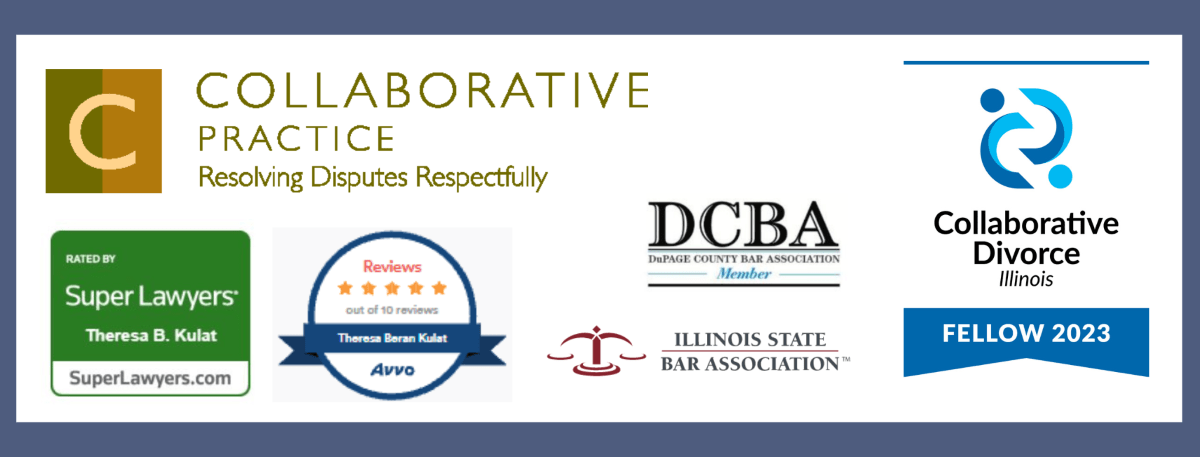Who We Are
Trinity Family Law
Trinity Family Law takes an unconventional approach to how we view the changing nature of relationships. We work from the assumption that people grow and sometimes they grow apart. Depending on where they are at and where they want to go next, Trinity Family Law is here to help.
For people who want to conclude their marriage, we take a non-adversarial approach. We offer mediation, Collaborative divorce, and uncontested divorce options that advocate for a “win-win” outcome, not the traditional “win-lose” perspective of contested divorce. Rather than talking about a “failed” marriage or a “broken” home, we help couples complete their relationship in its current form and upgrade it. With this new perspective, a person can finish one chapter of their life and then frame the narrative about what happened into a story of resilience, growth, and forward motion rather than pretending that the chapter never happened, or worse, letting it shape them into a bitter person.
How a person chooses to end a marriage is especially important when there are children involved. Like it or not, both parents will always be connected through their children. For minor children, we help parents come together as a united front to co-parent their kids. For adult children, it means parents leave destructive baggage at the door when they come together for life events like graduations, weddings, and grandchildren. A non-adversarial divorce gives parents tools to model healthy boundaries and communication. With that intention, their children can adopt those improved coping skills and thrive. Learn more about our divorce approaches here.
Over the years, we’ve noticed that some people come to us who really don’t want to divorce – they just need something to change. Theresa has started doing Transformative Mediation to help couples redefine their relationship. The structured framework takes a future-oriented look at the relationship to identify what each person needs and wants in the future. These new relationship agreements can be formalized in a post-nuptial agreement (also called a mid-marriage agreement). The end goal is that both parties fully re-commit to the other person and the relationship.
We also help people who are growing together and considering whether or not to marry in a process that we call Intentional Relationship Design. Unlike the sterile, “worst-case scenario” process of drafting a pre-nuptial agreement, Intentional Relationship Design gives a couple space to talk about what they intend to build together rather than focus on “protecting” their assets. Social, financial, legal, and spiritual issues can all be addressed. The goal is clarity for both people.
Theresa Beran Kulat
Founder + Lead Lawyer + Mediator
Theresa Beran Kulat, a pioneer in the field of Collaborative Process, works as a lawyer, mediator, and coach in the divorce space. An author and sought-after speaker, she has a gift of creating clarity in the face of confusion.
Theresa grew up with happily married parents but had a set of grandparents who never let go of the anger that precipitated their own divorce. She didn’t want her children to experience the turmoil that some families go through so she and her former husband divorced using the Collaborative approach. In October of 2002, she attended the first Collaborative training in Illinois and took on leadership roles in the newly formed Collaborative Law Institute of Illinois (now Collaborative Divorce Illinois).
While raising her two children, who were 7 and 2 at the time, she started her own law firm in 2003 so that she could offer unique legal services and balance her schedule with the well-being of her family. From the beginning, she has sought to create an environment and approach that supports her clients in reaching a settlement so that they can move on to building a healthy future.
A champion of the Collaborative Process in Illinois, Theresa has introduced it to many practitioners who now provide Collaborative services in the Chicago area and beyond. She served as President of Collaborative Divorce Illinois in 2016 and 2017. She is a contributing author to Stress-Free Divorce: Conversations with Leading Professionals, and in 2018, co-authored the chapter on Collaborative Practice in Gitlin on Divorce, a premier legal treatise on Illinois family law. She is a member of the International Academy of Collaborative Professionals, Collaborative Divorce Illinois, Illinois State Bar Association, and the DuPage County Bar Association.
Theresa graduated cum laude from John Carroll University with an undergraduate degree in Economics and cum laude from the University of Illinois’ School of Law. In 2015, she was inducted into the McAuley Hall of Honor at Mother McAuley Liberal Arts High School, her alma mater. She is a connector, bringing together communities of people to serve her clients and colleagues.
Professional Affiliations and Recognitions

About Our Logo Design
Trinity Family Law is different from most other law firms and I am different from other attorneys and mediators: My practice is holistic. I use my legal skills and my spiritual wisdom to help people everyday.
When it came time to design the mark that would represent my business, I contacted a friend’s brother, a professional graphic designer. We talked about the law practice I was creating and then moved into a conversation about design and influences, including nature and patterns like the fleur de lis and Fibonacci. He sent me images that he pulled off the Internet to get my feedback about what I liked and didn’t like. One image was a cropped circle. As soon as I saw it, I knew that was it. From there we played with color and the lines.
That was 20 years ago… We have updated the colors and line work, but the mark is essentially the same. To read more about the logo and how we use it as a tool in our practice, read this post here.
